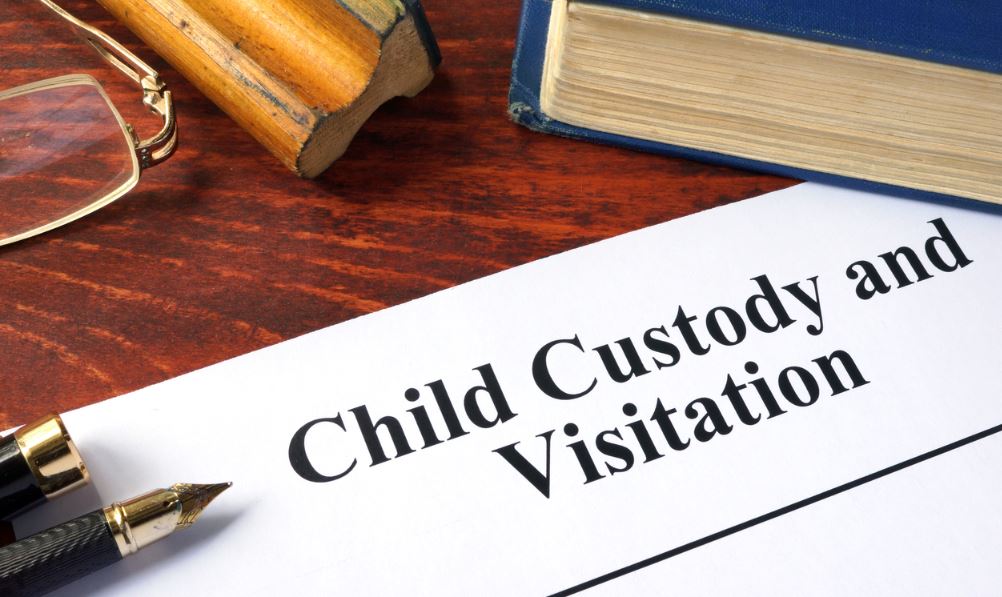Navigating Legal Challenges: The Essential Roles of Car Accident Lawyers in Brisbane and Divorce LawyersNavigating Legal Challenges: The Essential Roles of Car Accident Lawyers in Brisbane and Divorce Lawyers
In Brisbane, legal challenges often arise unexpectedly, presenting individuals with complex and emotionally charged situations that require expert guidance and support. Whether dealing with the aftermath of a car accident or navigating the complexities of divorce, having skilled legal representation can make all the difference in achieving a favourable outcome. In this article, we delve into the crucial roles of car accident lawyers in Brisbane and divorce lawyers, exploring how they provide essential assistance and advocacy to clients during some of life’s most challenging times.
The Role of Car Accident Lawyers in Brisbane:
Car accidents can have devastating consequences, resulting in physical injuries, emotional trauma, and financial burdens for victims and their families. Car accident lawyers in Brisbane play a vital role in helping clients navigate the legal complexities associated with such incidents. Key aspects of their role include:
Legal Representation: Car accident lawyers advocate on behalf of their clients, working to protect their rights and pursue fair compensation for injuries and damages sustained in the accident.
Investigation and Evidence Gathering: Car accident lawyers conduct thorough investigations into the circumstances surrounding the accident, gathering evidence such as police reports, witness statements, and medical records to build a strong case.

Negotiation with Insurance Companies: Car accident lawyers negotiate with insurance companies on behalf of their clients, seeking maximum compensation for medical expenses, lost wages, pain and suffering, and other damages.
Litigation Support: In cases where a fair settlement cannot be reached through negotiation, car accident lawyers provide skilled representation in court, presenting evidence and arguments to a judge or jury.
The Role of Divorce Lawyers:
Divorce is a deeply personal and often emotionally charged process that requires careful navigation of legal, financial, and personal considerations. Divorce lawyers in Brisbane offer invaluable support and guidance to clients facing the dissolution of their marriage. Key aspects of their role include:
Legal Advice and Guidance: Divorce lawyers provide clients with comprehensive legal advice and guidance, explaining their rights and options under family law and helping them understand the implications of their decisions.
Asset Division and Financial Planning: Divorce lawyers assist clients in navigating complex asset division issues, including property settlements, spousal maintenance, and child support arrangements, helping them achieve fair and equitable outcomes.
Child Custody and Parenting Arrangements: Divorce lawyers advocate for their clients’ interests in child custody and parenting matters, working to negotiate parenting plans and custody arrangements that prioritise the best interests of the children involved.
Mediation and Dispute Resolution: Divorce lawyers help clients explore alternative dispute resolution methods such as mediation and collaborative law, seeking amicable resolutions whenever possible to minimise conflict and reduce the emotional toll of the divorce process.
The Intersection of Legal Expertise:
While car accident lawyers in Brisbane and divorce lawyers specialise in different areas of law, they share a common goal of providing compassionate and effective legal representation to clients during challenging times. Whether advocating for victims of car accidents or guiding individuals through the complexities of divorce, these legal professionals play a crucial role in helping clients navigate the legal system with confidence and achieve favourable outcomes.
In Brisbane, where legal challenges can arise unexpectedly, having skilled legal representation is essential for protecting one’s rights and interests. Car accident lawyers and divorce lawyers in Brisbane offer invaluable assistance and advocacy to clients facing some of life’s most difficult situations. By understanding the roles and responsibilities of these legal professionals and seeking their guidance when needed, individuals can navigate legal challenges with confidence and peace of mind, knowing that they have experienced advocates by their side.

















